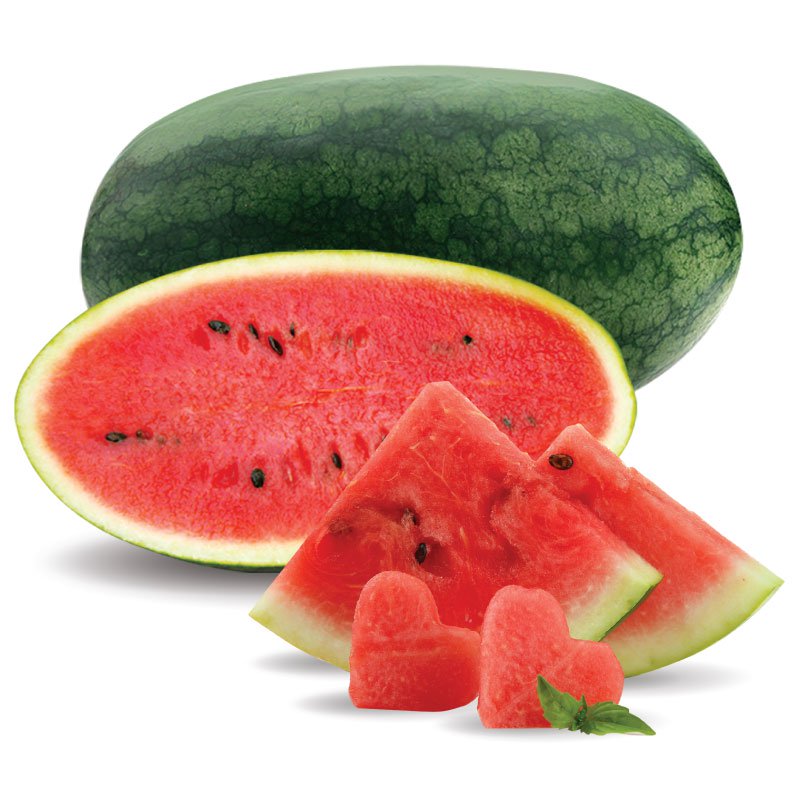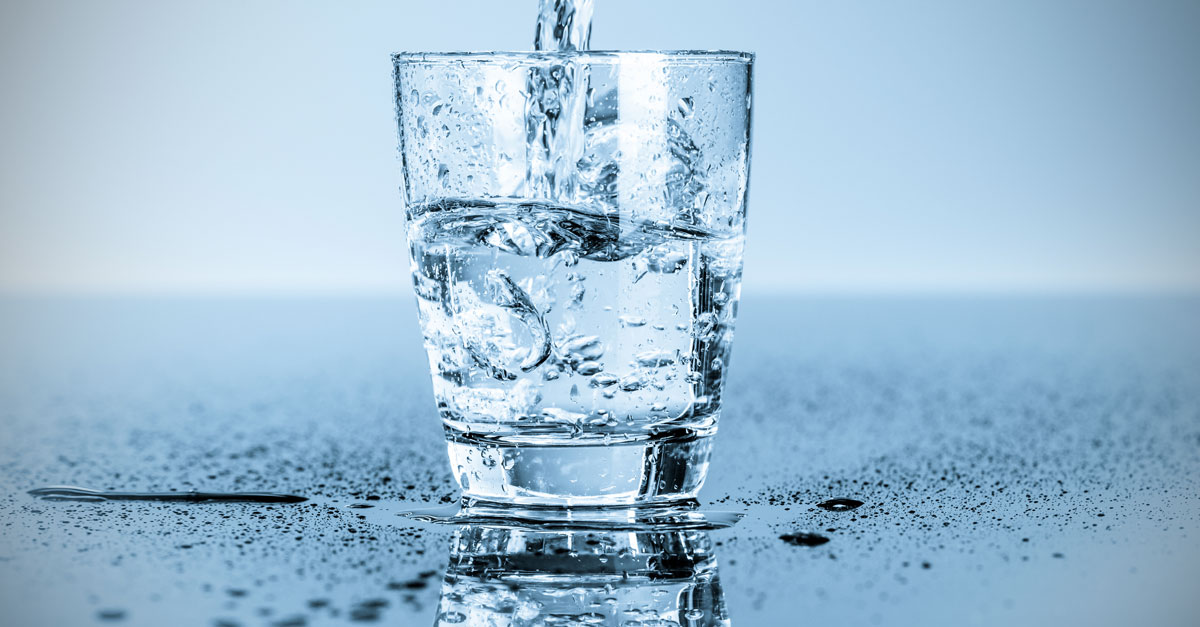How much water each day is full?
The body is about 70% water. Your body is constantly dehydrated, mainly through urine and sweat. To prevent deficiency, you need to drink enough water daily.
Welcome to the Tyent Water Ionizer.
We are always with you!
So much water is best?
In one day, no one can tell you exactly how much water you need. This depends on the individual.
If you are thirsty, you need to drink water, as simple as that. The need to drink water depends on the condition and the demands of the body. Water needs in normal people every day 40 ml / 1 kg of weight, according to which 50 kg people need 2 liters of water per day.
If possible, drink alkaline ionized water
However, some health experts believe that you need to drink water continuously throughout the day, even if you are not thirsty.
As we all know, this depends on the individual. Many factors (both inside and outside) affect your need to drink water.
This article reviews some water studies to clarify the difference between theory and practice and explains how to easily associate water consumption with your personal needs.
Dose water energy affect energy and funcition?
You need to drink water continuously throughout the day even when you are not thirsty
Many people think that if you don't keep enough water throughout the day, your energy levels and brain function begin to suffer.
And there has been much research for this backup.
A study in women showed that losing 1.36% of water after exercise weakens mood and concentration as well as increases the frequency of headaches.
Other studies show that mild dehydration (1 - 3% of body weight) due to exercise or temperature can be harmful to many other aspects of brain function.
Remember that only 1% of body weight is quite a significant amount. This happens mostly when you sweat a lot.
Mild dehydration can also negatively affect physical performance, leading to reduced stamina.
How much water will help you lose weight?
There are many claims that increasing water intake can reduce body weight by increasing metabolism and reducing your appetite.
According to two studies, drinking 500 ml of water may temporarily boost metabolism by 24-30%.
The image below shows this effect. The top line shows how 500 ml of water increases metabolism. Note how this effect is best reduced before the 90-minute mark.
Researchers estimate that drinking 2 liters of water a day increases energy consumption by about 96 calories per day.
In addition, it may be helpful to drink cold water because your body will need to consume more calories to heat water to body temperature.
Drinking water about half an hour before meals can also reduce the number of calories you consume, especially in older people.
One study found that dieters who drank 500 ml of water before each meal lost 44% of their weight in 12 weeks, compared to those who did not.
Overall, it appears that drinking adequate amounts of water, especially before meals, can have significant weight loss benefits, especially when combined with a healthy diet.
Moreover, drinking enough water has many health benefits.
Drink lots of water to prevent health problems?
Some health problems are thought to respond well to increase water intake:
Constipation: Increasing the amount of water you drink can help relieve constipation, a very common problem.
Cancer: Some studies show that people who drink lots of water have a lower risk of bladder and colorectal cancer, although other studies have not found this effect.
Kidney stones: Increased intake of water may reduce the risk of kidney stones.
Acne and Skin Moisturizing: There are many reports of how water can help moisturize and reduce acne. To date, no studies have confirmed or refuted this.
Are other types of liquids calculated to consumption water?
Water is not the only beverage that contributes to your fluid balance. Beverages and other foods can have a significant impact.

Fruits like watermelon contain a lot of water
Surprisingly, caffeinated beverages, such as coffee or tea, do not help you stay hydrated because caffeine has a diuretic effect.
In fact, studies show that the diuretic effect of these drinks is very weak.
Eat fresh and rich foods: Meat, fish, eggs and especially fruits and vegetables.
Taken together, coffee or tea and water-rich foods can help maintain your fluid balance.
Believe in your drawing
Maintaining a water balance is essential to your survival.
For this reason, your body has a sophisticated system to regulate when and how much water you drink.
When your total water intake falls below a certain level, thirst will break out.
This is controlled by mechanisms similar to the breath - you don't need to think consciously about it.
For most people, perhaps there is no need to worry about drinking water. The thirsty instinct is very reliable.
That said, certain circumstances may require increased water intake.
The most important may be during periods of increased sweating. This includes exercise and hot weather, especially in dry climates.
If you sweat a lot, make sure to replenish lost water. Athletes who perform very long, high-intensity exercises may need to replenish electrolytes with water.
Your water needs also increase during breastfeeding, as well as a number of conditions such as vomiting and diarrhea.
Moreover, older people may need to be aware of their water intake because thirst mechanisms can begin to malfunction in old age.






